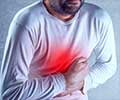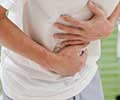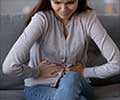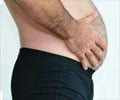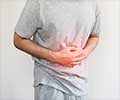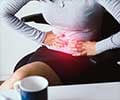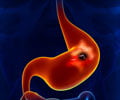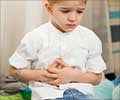Frequently Asked Questions: Digestive Issues After Eating
1. Why do I feel nauseous after I eat?Experiencing nausea or feeling like throwing up after eating may stem from various factors, such as overeating, rapid consumption of food, specific food choices (spicy, fatty, or acidic foods), food intolerance or allergies, gastroesophageal reflux disease (GERD), gastritis, peptic ulcer disease, pancreatitis, cholecystitis, or food poisoning.
2. Why does my stomach hurt after eating?
Stomach pain post-meals can be attributed to digestive problems (indigestion, constipation, diarrhea, food allergies, food poisoning), inflammation (gastritis), female reproductive issues, or other causes like irritable bowel syndrome, lactose intolerance, stomach viruses, appendicitis, abdominal aortic aneurysm, bowel blockage, cancer, and gastroesophageal reflux. Stomach pain an hour after eating might be due to delayed gastric emptying, indigestion, or digestive system issues.
3. Why does my stomach burn after eating?
A burning sensation in the stomach post-meals may result from indigestion, food sensitivity, reflux, gastritis, or factors like alcohol consumption, caffeine, carbonated beverages, fatty or greasy foods, spicy foods, stress, and smoking. Occasional reflux is normal, and home remedies like baking soda, licorice supplements, apple cider vinegar, chewing gum, and ginger can offer relief. Over-the-counter medicines are also available.
4. How long does indigestion last?
Indigestion symptoms can last from a few minutes to a few hours after eating. Most mild cases of indigestion go away on their own and don't require medical attention or medication.
5. Why do I have lower stomach pain after eating?
Lower stomach pain following meals may be linked to colon issues such as diverticulitis or irritable bowel syndrome. Keeping a food diary and seeking professional guidance can assist in diagnosis and management.
6. How can I relieve stomach cramping after eating?
To alleviate stomach cramping after eating, consider avoiding trigger foods, practicing mindful eating, and making dietary adjustments.
7. How to prevent stomach pain after eating?
Preventative measures for stomach pain involve:
- Maintaining a balanced, healthful diet with fresh fruits and vegetables
- Avoiding spicy or fatty foods
- Reducing consumption of sugary drinks and caffeine


